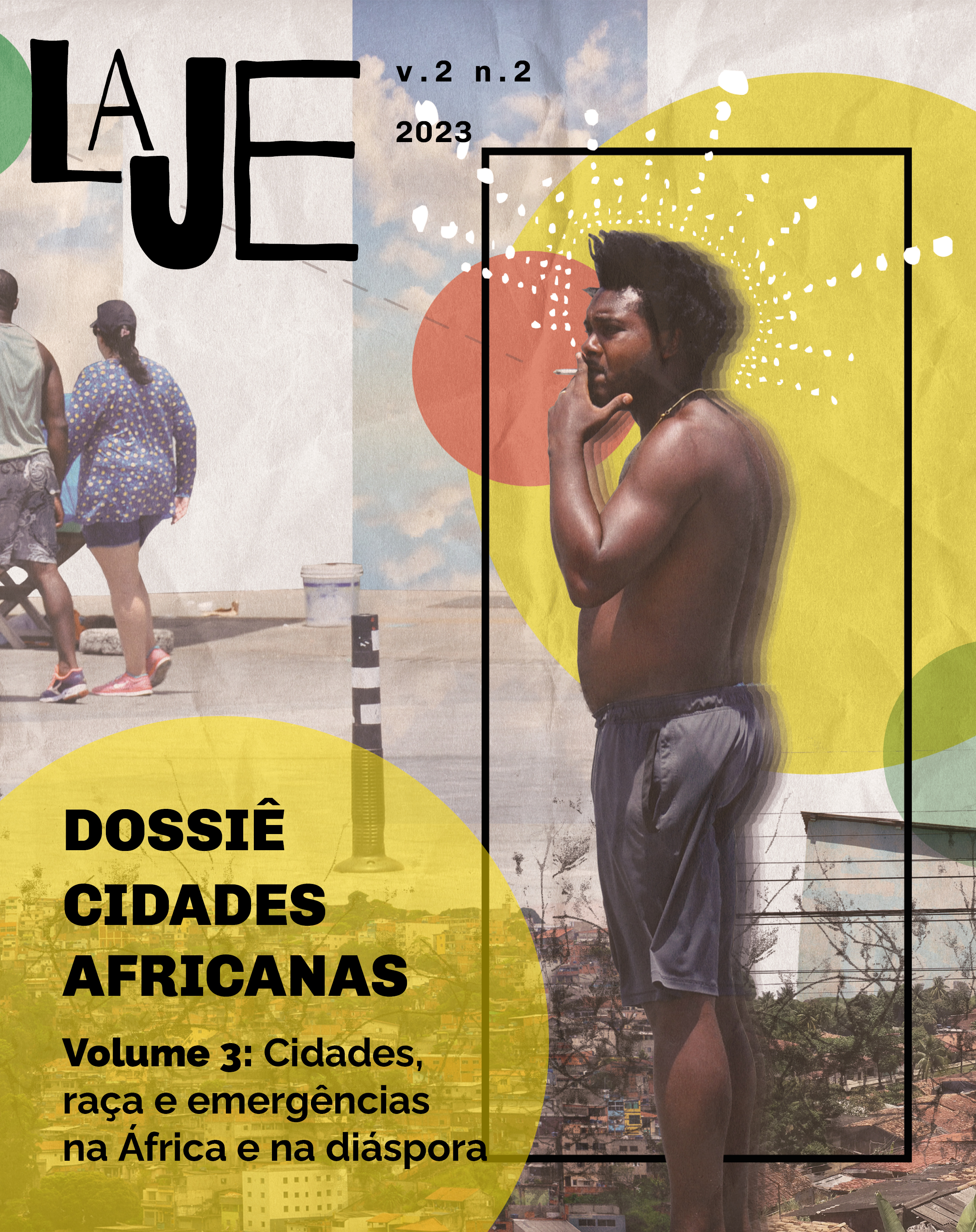Cape Verde between worlds
territory, environment and narratives in dispute
DOI:
https://doi.org/10.9771/lj.v2i0.58347Keywords:
Cape Verde, Africa, identity, maps, sustainabilityAbstract
This text discusses the difficulties of poor countries in increasing their autonomy, in their multiple faces, in international geopolitics, which occurs from the not visible representations in colonial maps to the subalternization in the production of meanings today. Also, from African countries’ perspective the colonial domination as well as subjection to international capital nowadays, only the actors, at most, changed. However, the oppressive relations remain. The colonizing logic persists through the excessive influence of the North in the southern countries (not casually, former colonies) in economic, political and cultural terms perpetuates. Proposing a debate from the worn term “sustainability”, the text advances from the maps, with Europe at the center, to the environmental discourse built by rich countries. In other words, the meaning production remains in the Global North, imposing its perspective on very distinct geo-historical realities. However, Cape Verde has made an effort to position itself critically in this context, as shown by some recent artworks, as Cape Verde Social [un] Sustainability, by the collective XU, and, Hacking (the resort): Water Territorialities and Imaginaries, by the Project Storia na Lugar. Both expose how international economic groups around the world trigger strong competition to access the primary resources needed for industrialization and consumption, in a race that slashes territories and communities in poor countries. In parallel, a large population in these countries remains unmet by their basic needs, in a very evident geopolitics: it is in poor countries that the greatest environmental impacts caused by capitalism are to be found.


